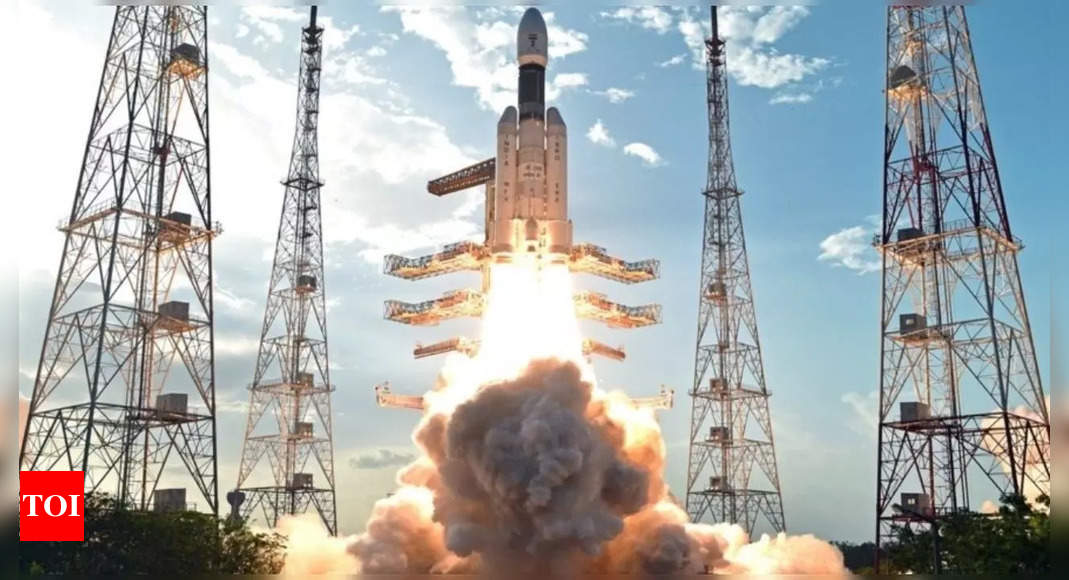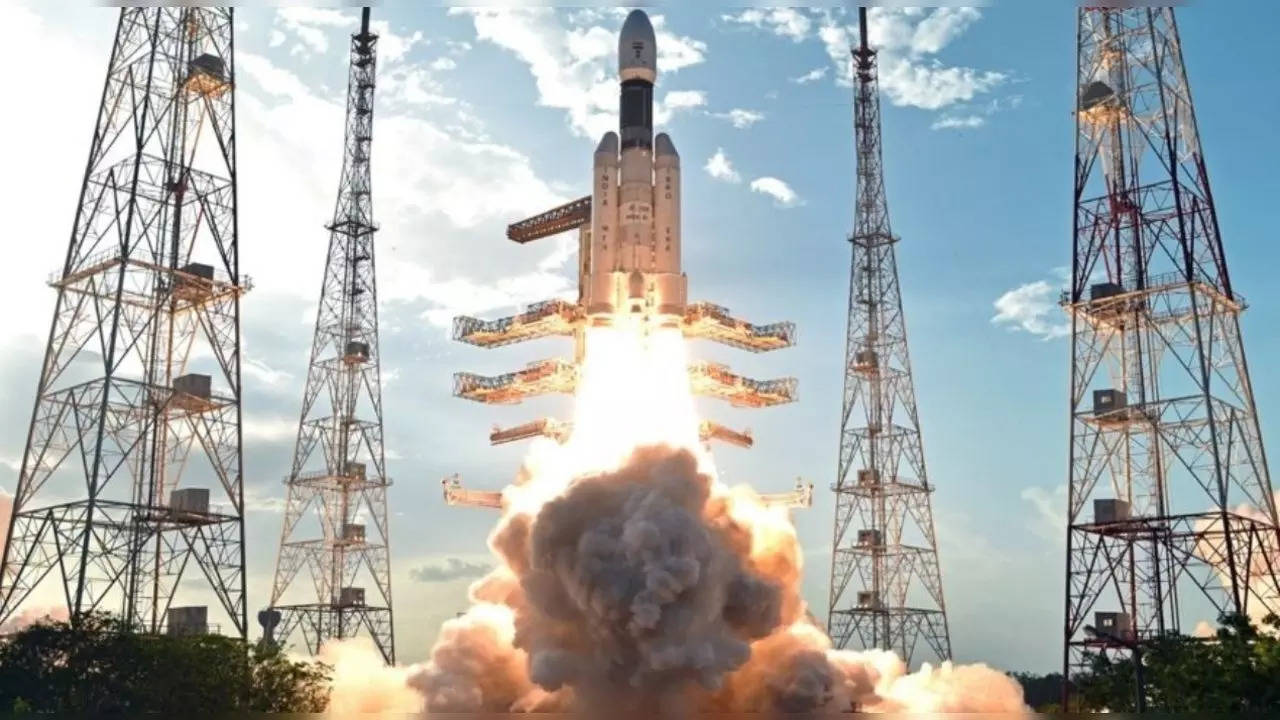
[ad_1]
During an event to launch the Technical Centre of IN-SPACe in Ahmedabad, Singh said: “India’s space economy today stands at a modest $8 billion, but our own projection is that by 2040 it will multiply manifold.But more interesting is that according to some international observers, for example the recent ADL (Arthur D Little) report mentions that we could have the potential of $100 billion by 2040.”
Public Private Participation
The minister said quantum leaps made by India’s space sector was made possible only after Prime Minister Narendra Modi took the decision to bring the sector out of its “veil of secrecy” and open it up to public-private-participation.
“Even though talent was never lacking in the country, the missing link of enabling milieu was created under the leadership of PM Modi. With the opening up of the space sector, the common masses have been able to witness the launch of the mega space events like Chandrayaan-3 or L1-Aditya,” he said.
The minister added there has been a boom in the number of startups in the sector, and they have collectively invested over Rs 1,000 crore in financial year 2023.
He further said that the government too has increased its budget for the space sector.
“If you see the Space Budget alone, there is a 142% increase in the last nine years,” he said, pointing out that there has been a three-fold or more hike in related budgets like Dept. of Science & Technology and Dept. of Atomic Energy.
Successful, cost-efficient launches
Singh also highlighted a major jump in number of launches accomplished by the Indian Space Research Organisation (Isro) over the past few years.
“Out of the 424 foreign satellites launched by Isro since 1990s, 389 (more than 90%) were launched in the last nine years,” he said.
The successful launch of foreign satellites has also boosted revenue,
“We have so far earned $174 million from launching of foreign satellites. Out of the $174 million, as much as $157 million have been earned only in the last nine years … Out of the European satellites launched so far in the last 30 years or so, the total revenue generated is Euro 256 million, out of which Euro 223 million, almost 90%, was earned in the last nine years. This shows that the scale has gone up, the speed has gone up and therefore there is a huge jump that has happened,” he said.
Indian Space Policy
The minister also said that the government has announced the Indian Space Policy, 2023, which enables end-to-end participation of Non-Governmental Entities (NGEs) in all domain of space activities.
“The role of the private sector in advancing India’s space technology and exploration efforts is undeniable. The Indian National Space Promotion and Authorization Centre or IN-SPACe was created to support private sector participation in space activities. Various schemes to encourage and hand-hold private sector was also announced and implemented by IN-SPACe, i.e., Seed Fund Scheme, Pricing Support Policy, Mentorship support, Design Lab for NGEs, Skill Development in Space Sector, ISRO facility utilisation support, Technology Transfer to NGEs,” he said.
Singh said IN-SPACe has signed around 45 MoUs with NGEs to provide necessary support for realisation of space systems and applications envisaged by such NGEs, which is expected to increase the industry participation in manufacturing of launch vehicles and satellites.
“There are several industry associations in the country related to the space sector, the Indian Space Association (ISpA) being one among them. The activities being carried out by such industry associations does not come under the purview of the government,” he said.
(With inputs from agencies)
[ad_2]
Source link








